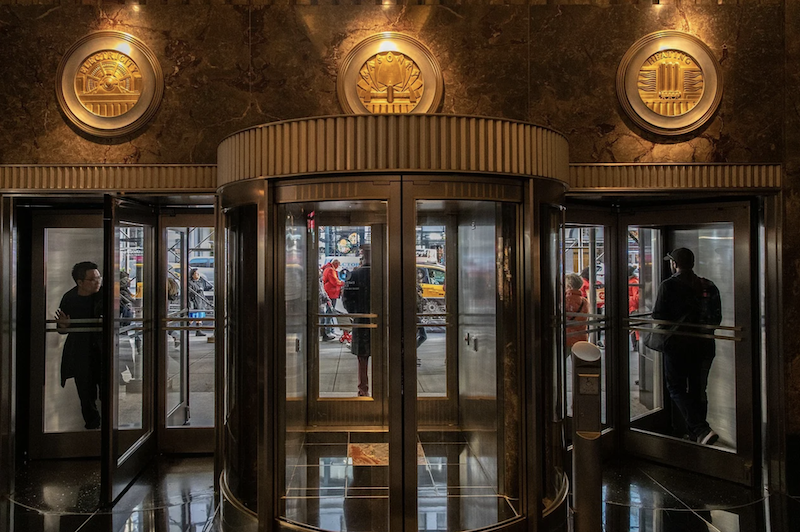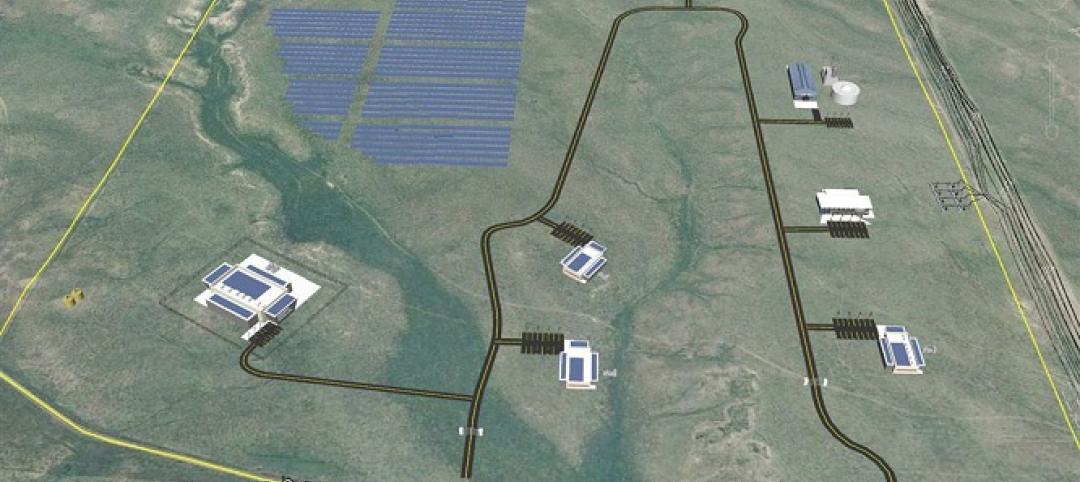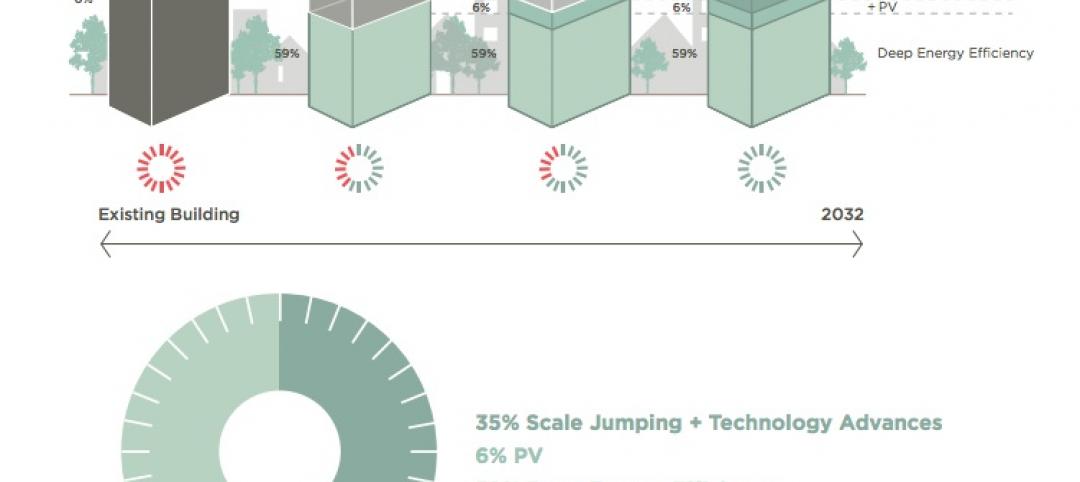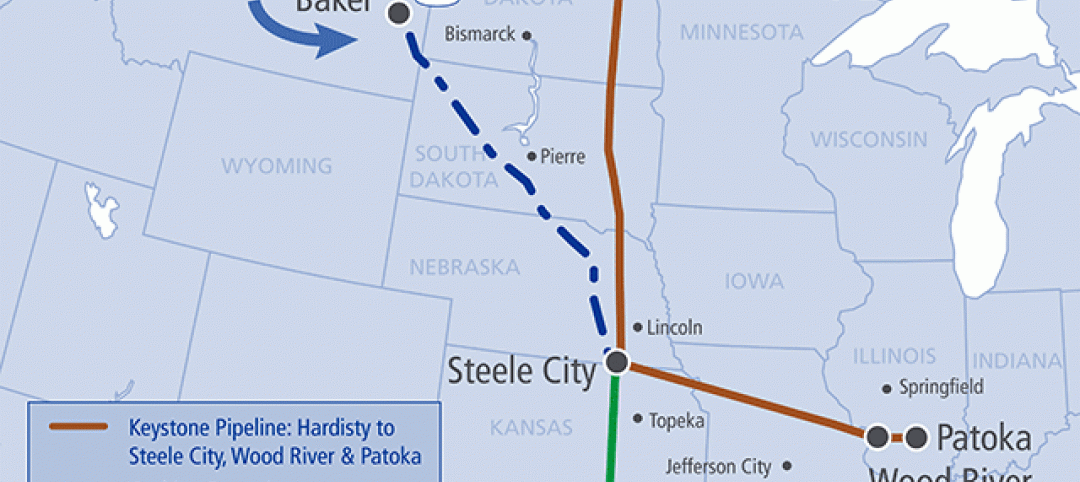The newly released International Building Code (IBC) for 2021 includes a provision that mandates automatic doors for entrances to public buildings.
IBC 1105.1.1 stipulates that in facilities meeting building occupant load thresholds for a number of common occupancies, accessible public entrances must have one door be either a full power-operated door or a low-energy power-operated door. The code applies to a wide range of public places, including retail stores, restaurants, clubs and casinos, movie theaters and concert halls, libraries, banks, and college dormitories.
“The new code requirement accommodates a wide variety of accessibility needs that manual doors being installed today cannot encompass,” said Joe Hetzel, technical advisor to the American Association of Automatic Door Manufacturers in a news release. In the COVID-19 era, occupants of all buildings could benefit from the touch-free, germ-free accessibility provided by automatic doors, according to the release.
As a result, more building owners may opt for automatic doors in retrofits as well as in new construction.
Related Stories
| May 22, 2014
ASHRAE releases best practice guide for liquid cooling systems in data centers
The publication provides guidelines on interface requirements between chilled-water systems and technology cooling systems and on the requirements of liquid-cooled systems that attach to a datacom electronics rack.
| May 22, 2014
Colorado approves $4.2B data center said to be invulnerable to power outages
The Niobrara Data Center Energy Park project in Colorado will be the first data center to be fully self-contained with its own self-generated energy production facility.
| May 22, 2014
Energy Department analysis shows efficiency gains from ASHRAE 2013 energy standard
Preliminary DOE analysis shows that the ASHRAE/IES’s 2013 energy efficiency standard contains energy savings over the 2010 standard of 8.5% source energy and 7.6% site energy.
| May 22, 2014
Federal disaster policy should focus on mitigation, insurance group says
Federal disaster policy should shift its focus toward mitigation in order to reduce future disaster costs, the National Association of Mutual Insurance Companies says.
| May 22, 2014
Study quantifies cost premiums for net zero buildings
The 73-page report breaks down the incremental cost premiums for transforming three LEED Platinum-designed buildings into net-zero energy, net-zero water, and living Buildings.
| May 22, 2014
Senate kills bipartisan energy efficiency bill over Keystone pipeline amendment
The legislation focused on energy efficiency standards such as water heaters with smart meters and cheaper heating and cooling systems for office buildings.
| May 19, 2014
Construction skilled-worker shortage causing rise in claims
The improved economy has boosted construction starts, but a shortage of experienced trade workers has led to more on-the-job injuries and construction defects.
| May 15, 2014
AISC Prequalified Seismic Moment Connection standard update now available
The AISC standard Prequalified Moment Connections for Special and Intermediate Steel Moment Frames for Seismic Applications (ANSI/AISC 358-10) has been updated with a second supplement, ANSI/AISC 358s2-14.
| May 15, 2014
ConsensusDocs releases new agreements for contractors who hire consultants
ConsensusDocs has released the new ConsensusDocs 746 Constructor & Geotechnical Consultant Agreement and the 747 Constructor & Consultant Agreement.
| May 8, 2014
Report: Top storm-resilient cities have high adaptive capacity
The most resilient cities in the world, including five in the U.S., have attributes that would enable them to recover better than others from devastating natural disasters.















